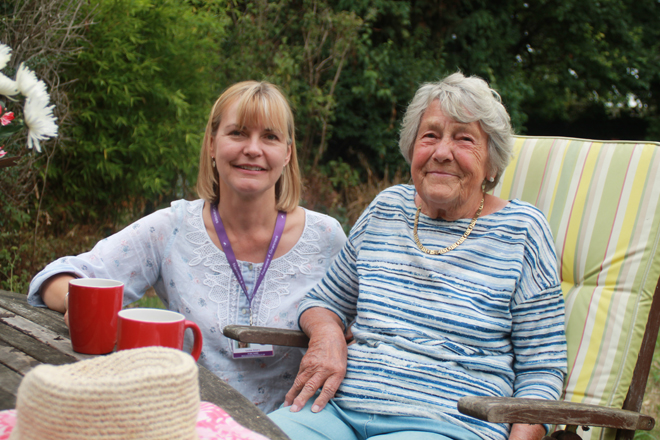- Call Us


- 01582 764305 / 01727 857988





The NHS thinks that Care at Home is an extremely important factor in maintaining good health in the elderly. This is what they say “Care at home and housing support enables people to live independently and well in their preferred environment for longer, providing continuity and familiarity with your surroundings.”
As you get older ‘living’ gets harder and harder for some people who slow down, don’t particularly want to clean the house or cook meals let alone wash the dishes.
Good bits
Not so good bits
Independent senior living communities are housing designed for seniors 55 and older. Independent senior living communities commonly provide flats, but some also offer cottages, condominiums, and single-family homes.
These developments often come with..
You will most likely be selling your property to move into one of these apartments which you will still own and be able to surround yourself with your own possessions.
Look at McCarthy and Stone and Firstport for more information and read this article from the Telegraph.
There are two types of Care Home:
Both are places where you can live (often with a spouse) and have your care needs met by trained staff.
Some also have accommodation and support specifically designed for older people with dementia.
Pros
Cons
Home care costs
Costs are very different depending on where you live and whether you need support during the day or at night, on weekdays or at weekends.
You will still have the cost of maintaining your house, but you have the advantage of being in familiar surroundings.
Care home costs
According to PayingForCare, a report by healthcare specialists Laing & Buisson in 2013/14) depending on where in the UK you live, care homes in the South East can cost an average of:
There can also be extra charges for things like trips out, hairdressing and some therapies – you will need to check what’s included in the care-home fees.
NHS Nursing Care Contribution
If you’re living in a nursing home and are receiving care from a registered nurse or doctor, you might be entitled to NHS Nursing Care Contribution towards the cost of treatment.
This is essentially a contribution towards your fees, paid by the NHS or your local trust.
Independent Living accommodation costs
A recent development in St Albans in South East England advertises the following.
You may opt to part own the flat you live in whereby you will have to pay rent to the landlord for the part you do not own and there is also a monthly service charge.
At Nannies 4 Grannies Ltd we offer Companion Care and Support for residents in St Albans, Harpenden and the surrounding areas.
Contact Kay on 01727 857988 to discuss the range of specifically tailored services we can provide for you or an elderly loved one. For full details go to our website Nannies 4 Grannies. Stay up to date with older issues by following us on Twitter or Facebook